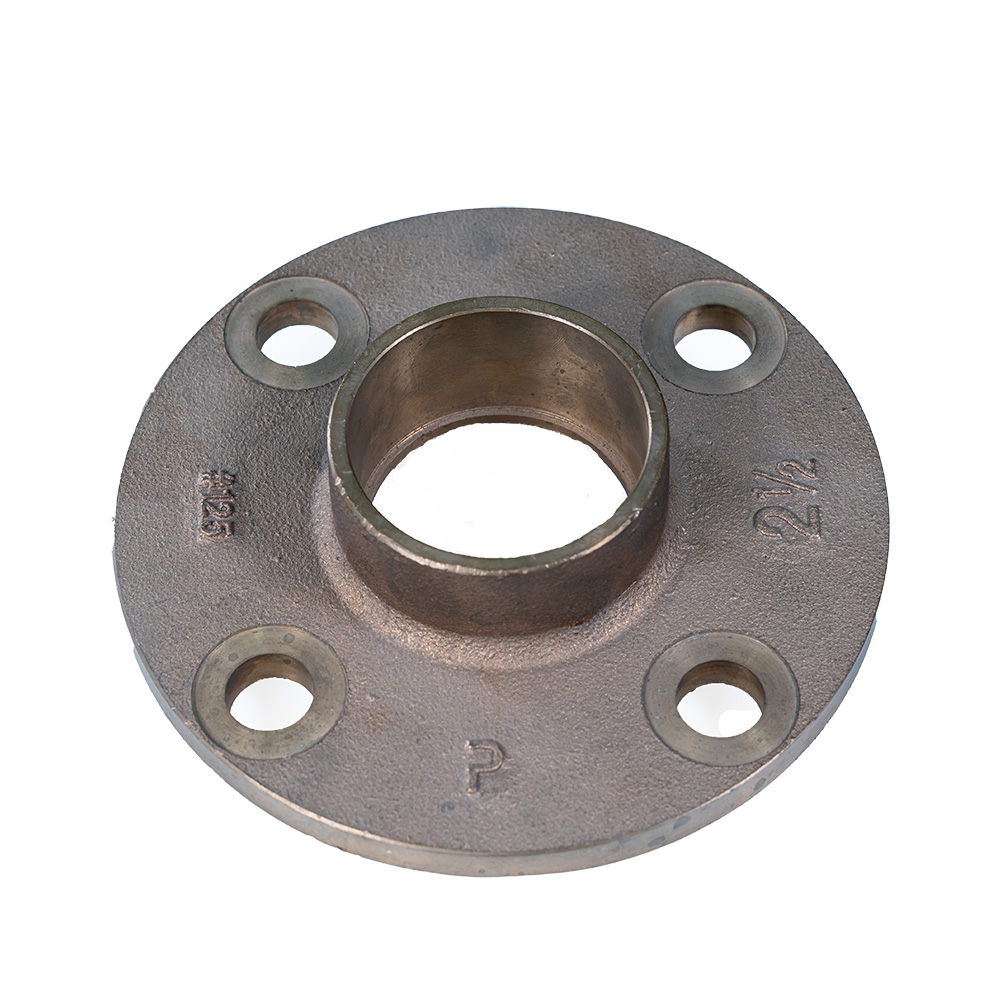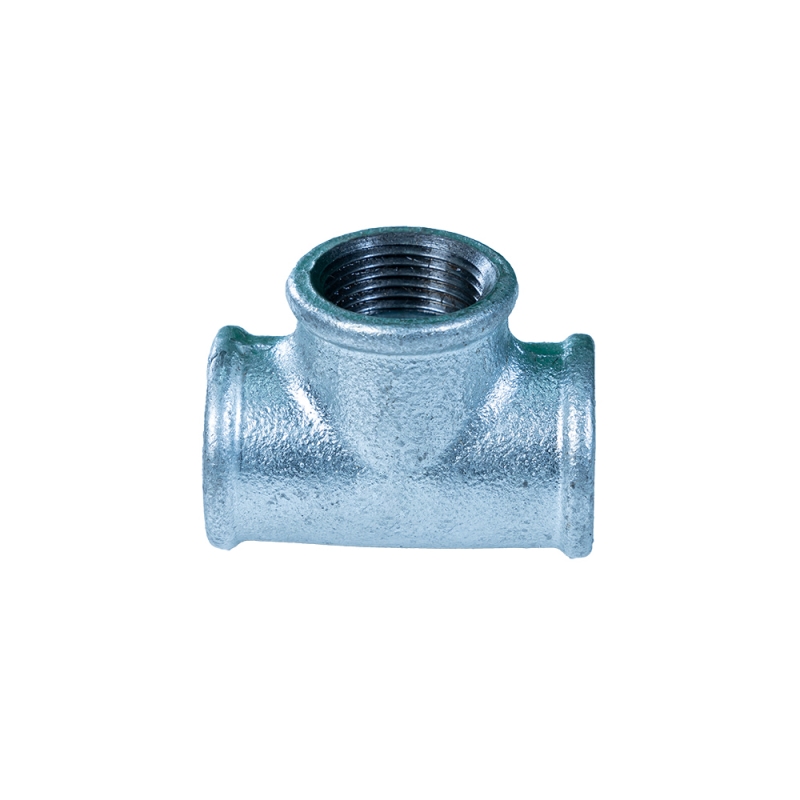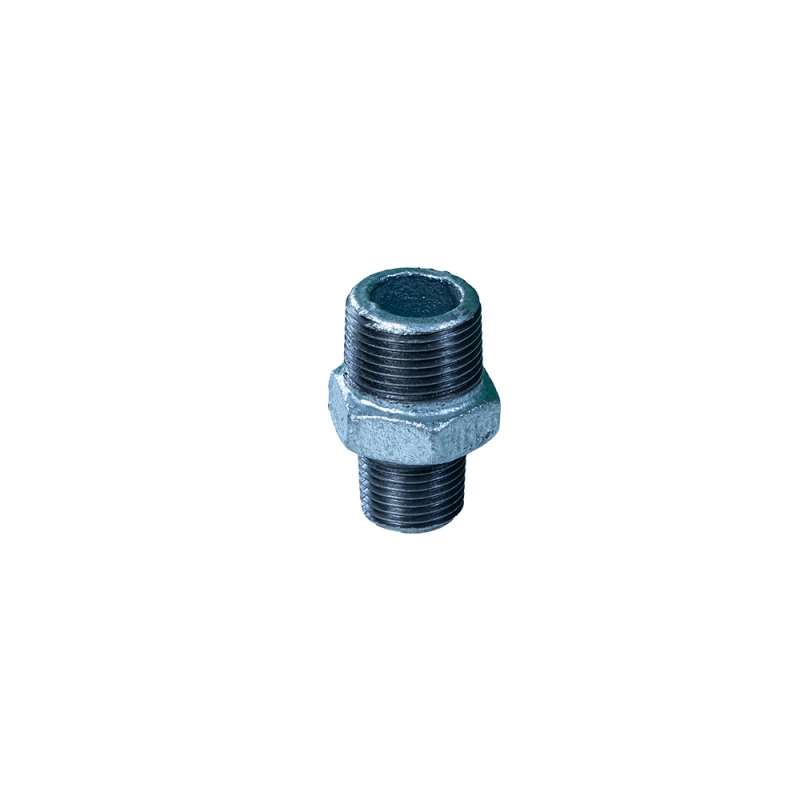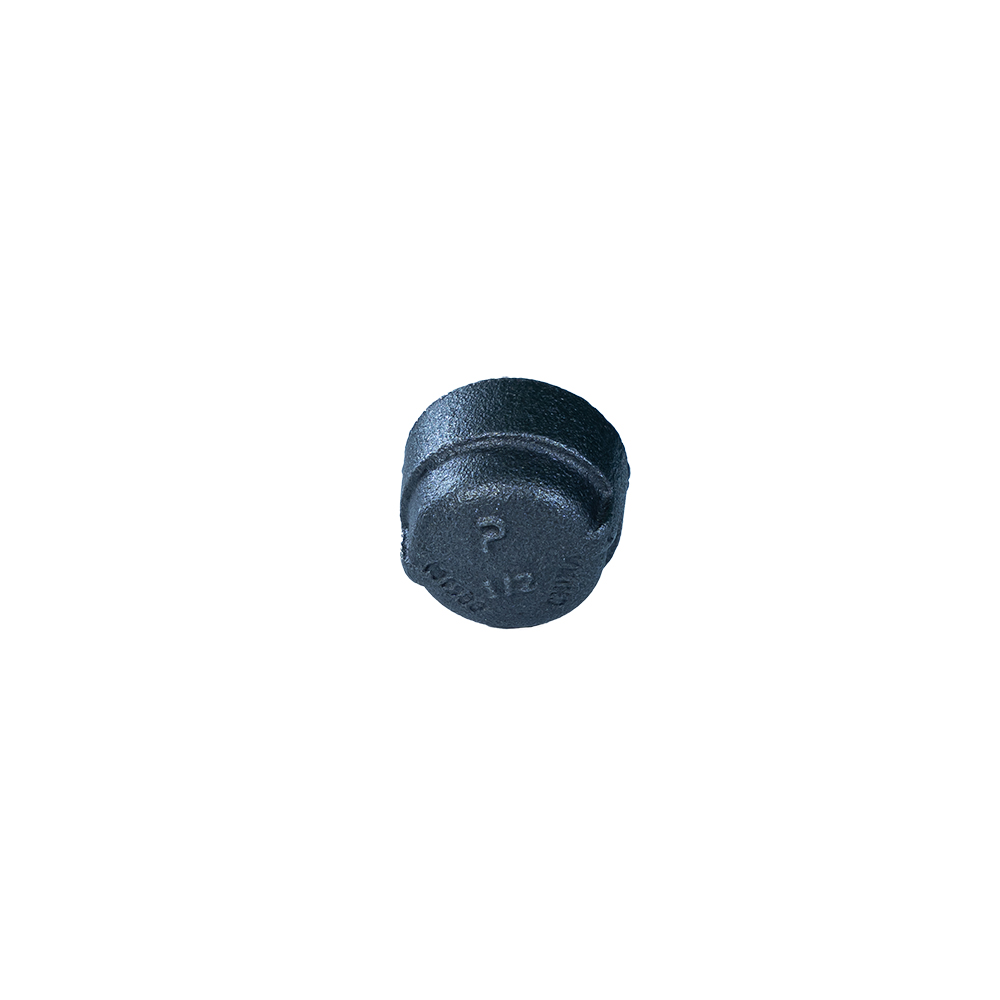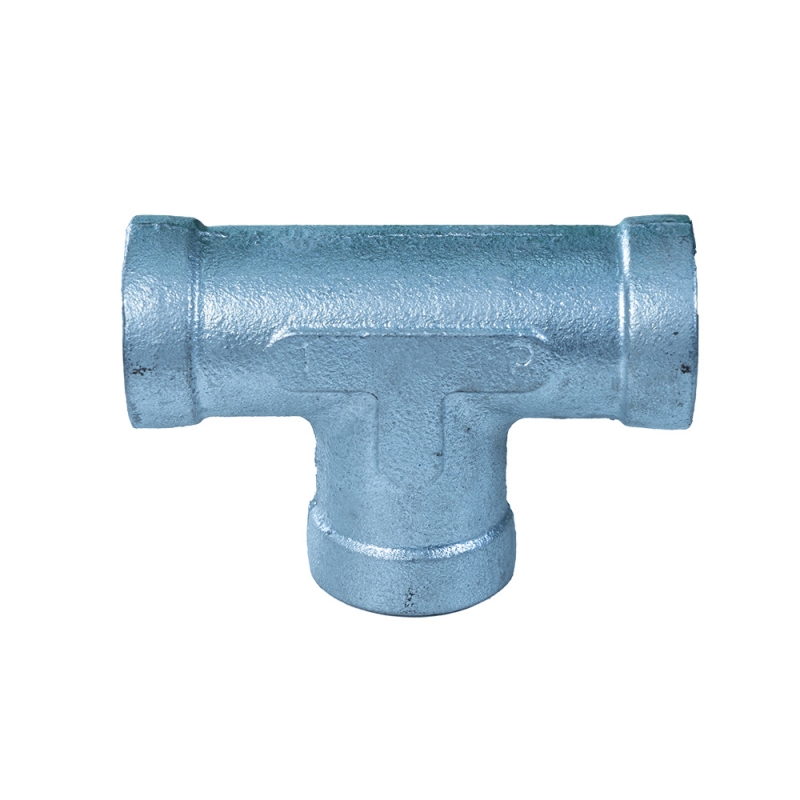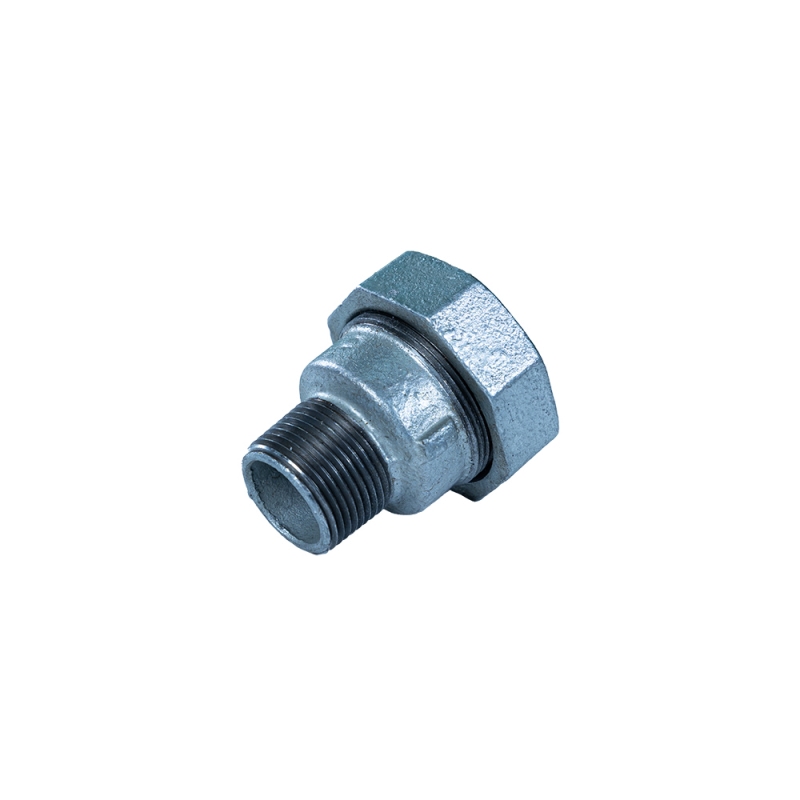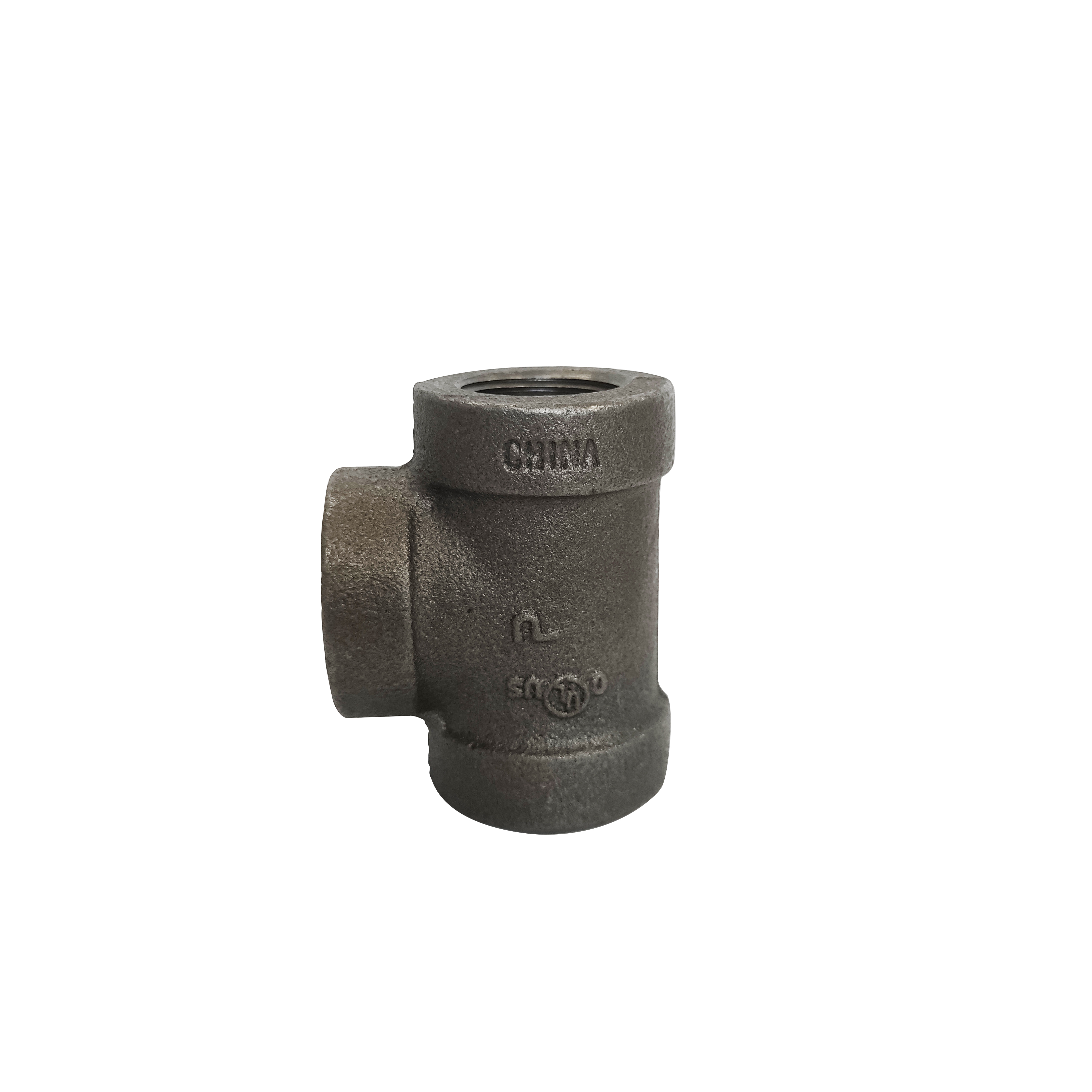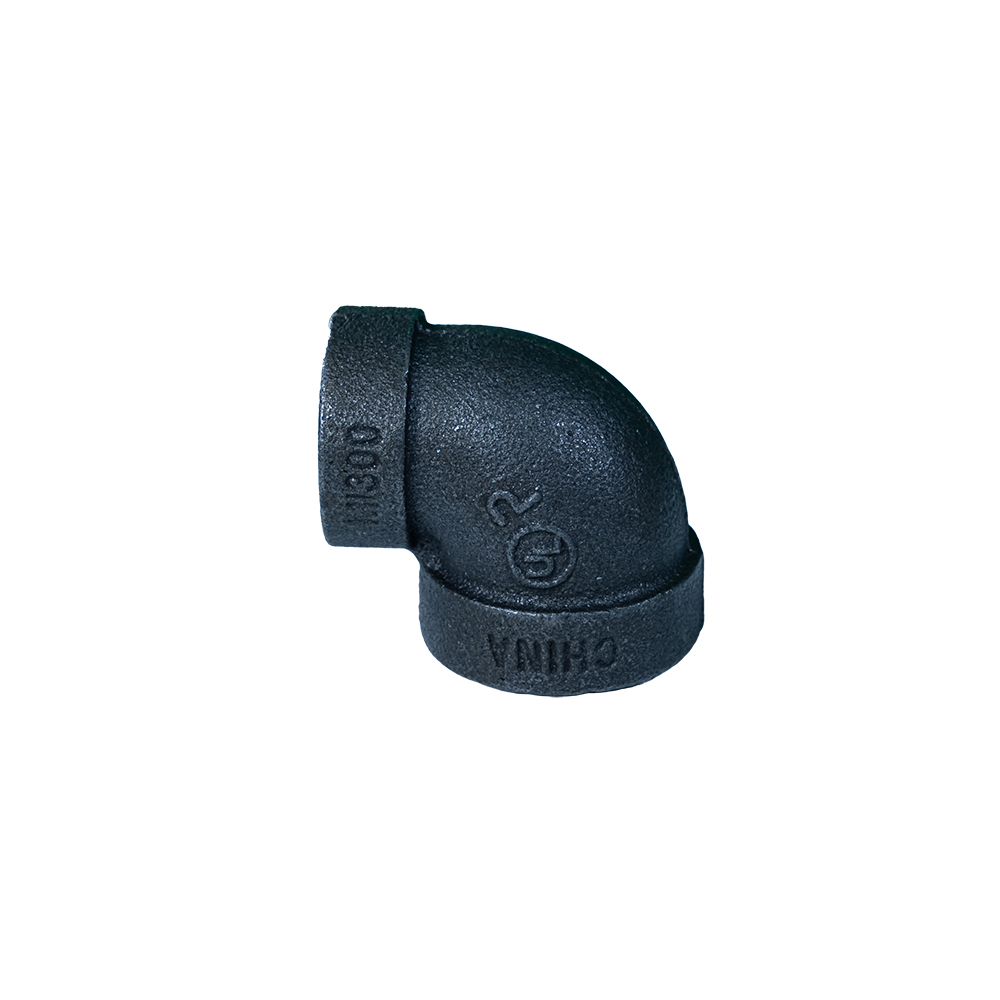Dated on జన-09-2025
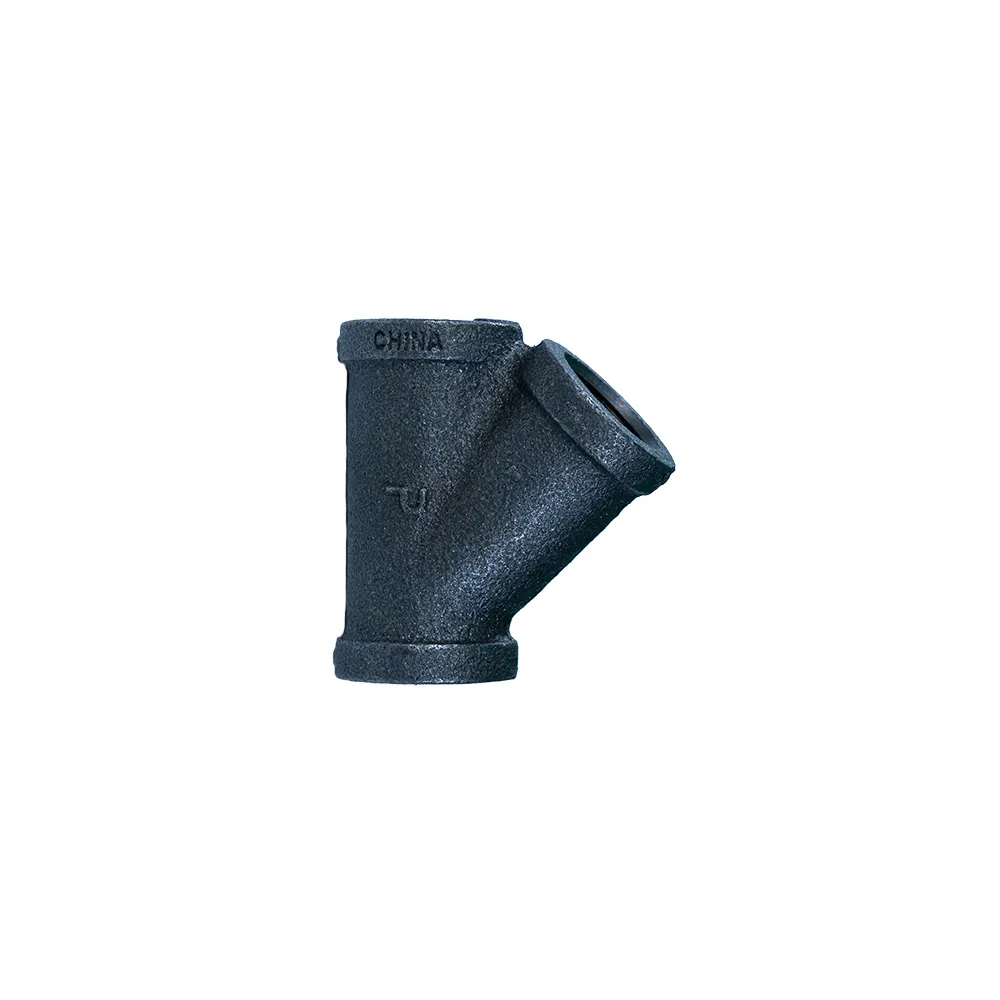
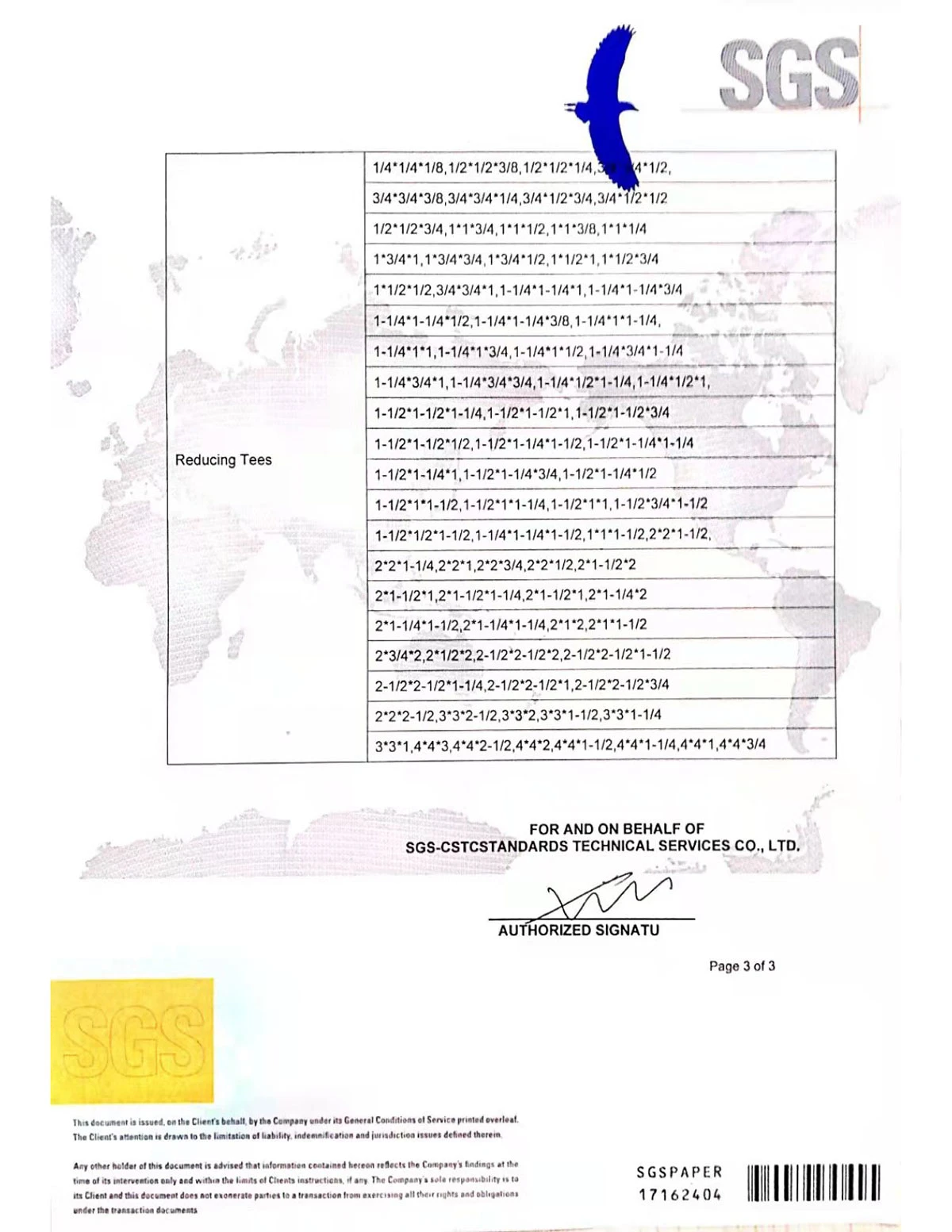
The manufacturing quality and adherence to standards in pipe fitting production are critical factors underpinning their authoritativeness. Legitimate suppliers and manufacturers typically adhere to ANSI/ASME standards (American National Standards Institute/American Society of Mechanical Engineers) or ISO standards, ensuring consistency, safety, and reliability. Such standardization also assists in seamless integration and interoperability within and across different piping systems, showing a commitment to quality and performance. Trustworthiness in pipe fittings largely hinges on the proper certification and testing of the materials used, along with the reputation of the manufacturers and suppliers. Verified certifications such as the NSF (National Sanitation Foundation) certification for potable water applications or API (American Petroleum Institute) standards for petroleum systems provide assurance of the product’s reliability and safety. Furthermore, engaging with experienced and reputable vendors can reduce risks associated with counterfeit or sub-standard products, often manifested in unexpected system failures or health hazards. In essence, pipe fittings encompass more than just connectors; they are pivotal to the functionality and security of entire piping networks. As such, due diligence in selecting the appropriate fitting type and material cannot be overstated. By integrating professional expertise, adhering to authoritative standards, and maintaining trust with high-quality manufacturers, users can ensure their systems operate with optimal efficiency and minimal risk, safeguarding both their investments and the environments in which these systems function.
Post time: జన-09-2025
Prev:
Next:
Related PRODUCTS


